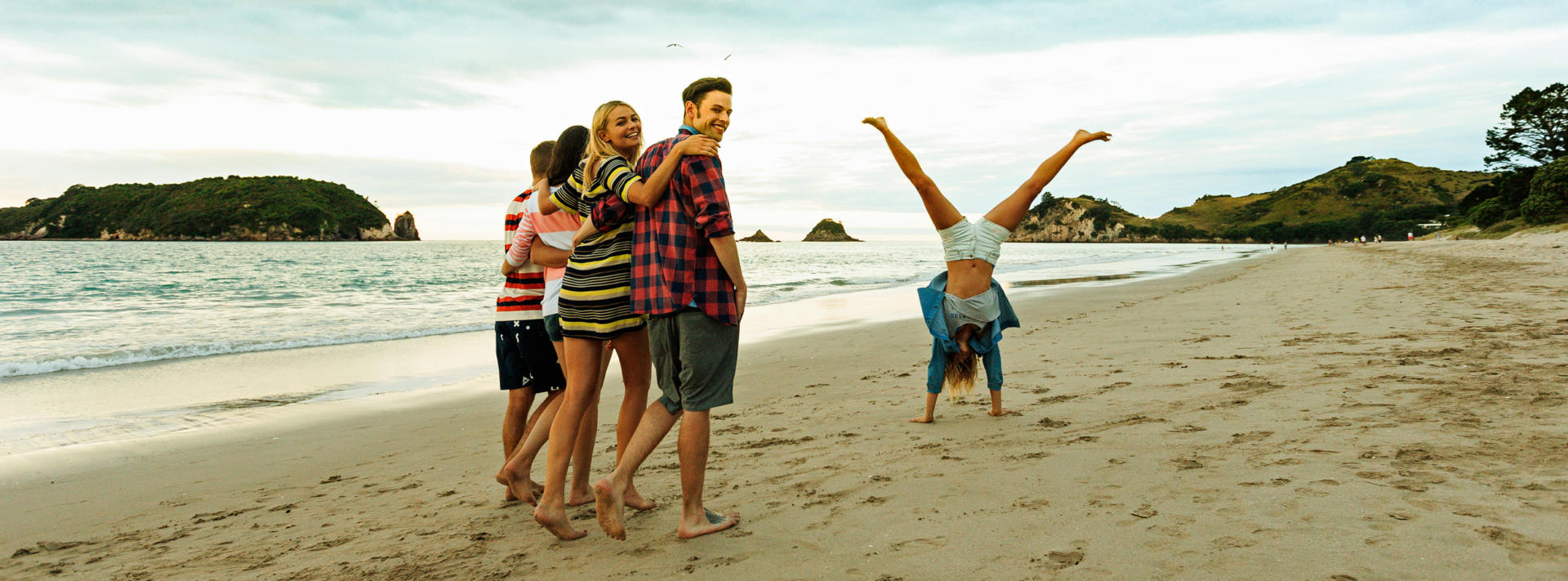
New Zealanders - or 'Kiwis' - represent a surprising melting pot of nationalities and cultures and are broadly categorised as being of either Maori or Pakeha ethnicity. Maori are the indigenous people while Pakeha is a term originally used by Maori to describe outsiders, but which in modern usage tends to refer to a Caucasian person - with other nationalities referred to according to origin as Asian, Pacific Islander, etc.
The native Maori people are of Polynesian origin, whose arrival is still the subject of much debate. Evidence suggests they may have visited as far back as 2000 years ago, though nothing points to a specific start of continual residence. One thing that is sure is that New Zealand was one of the last major land masses to be inhabited on earth, leaving us with much fascinating flora and fauna that remains wonderfully unmodified by human influence. While today’s Maori population can reasonably be assumed to have ancestry spanning dozens of generations, in contrast few Pakeha can count more than half a dozen locally born generations.
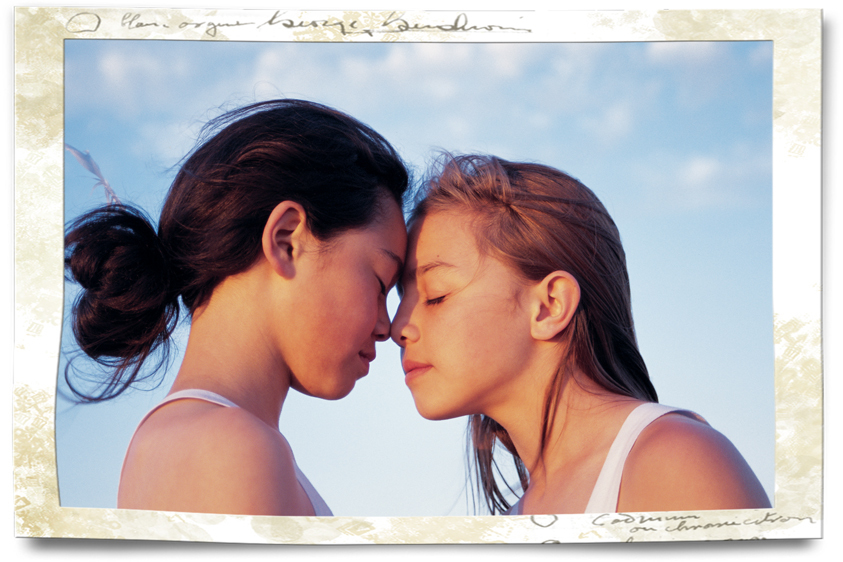
Maori history is the subject of richly woven myths and legends as their language was only spoken until the first decades of the 1800's when a written form was developed by early Pakeha settlers. Once recorded in literature, the various legends explaining their presence in the land they call Aotearoa were further 'averaged' to arrive at the popular story telling of an initial mystical migration arriving aboard a Great Fleet of six ancestral canoes about the year 1300. Maori who are interested in their cultural heritage, and there are many who are, can trace their tribal origins back to one of these canoes, the tribes that stemmed from them, and further still to Hawaiki - the traditional homeland of all Polynesian peoples. Any visit to our shores is enhanced by the opportunities which Maori proudly provide to learn about this past and their unique tapestry of explanations for every facet of nature's blessing of their land.
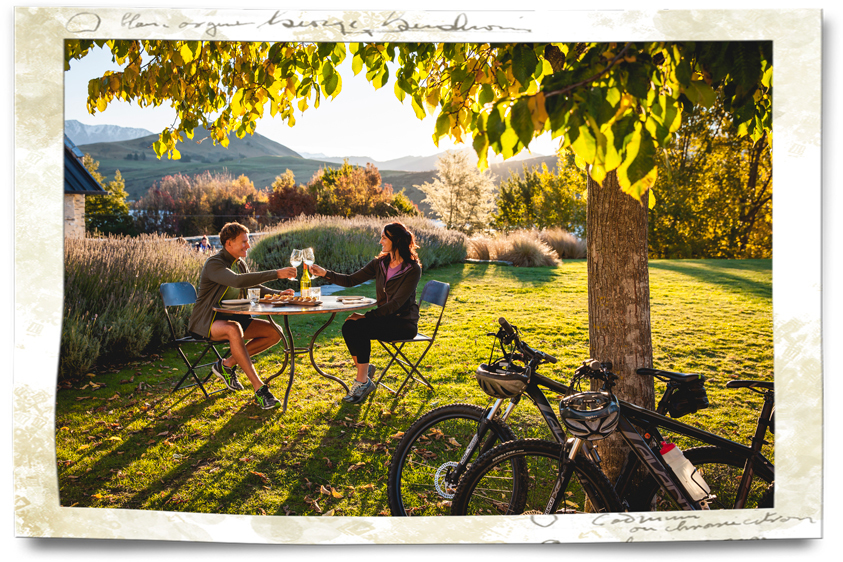
Current history records the Dutch explorer Abel Tasman as being the first European to sight the land he called the New Zealand. However, Captain James Cook became our most celebrated European discoverer when he stepped ashore during HMS Endeavour's famous voyage of 1769-70. His favourable reports heralded a new era and established our post European history as that of a member of the British Empire. Pakeha settlers first arrived in the last light of the 1700s as opportunist traders and were followed by missionaries in the early 1800s. New Zealand's national day on the sixth of February celebrates the 1840 signing of a treaty between the 1000 or so settlers and chiefs representing as many as 100 000 Maori. Organised settlement quickly followed with packages of land and passage marketed in London. That early sales were achieved before land had even been purchased by the New Zealand Company may well have laid the foundations for the entrepreneurial spirit that remains as an energising characteristic of New Zealanders. By 1900 the 'new' socially progressive nation was already a mix of Germans, French, Scots, Irish, Scandinavians, Dalmatians, Lebanese and Jews. Population reached one million by the time of World War One and two million during the 1950s when a new wave of encouraged immigrants arrived from Britain, Holland, Hungary and Poland. Pacific Islanders, who began arriving in the 1960s, now rival the indigenous population to constitute more than 10% of Kiwis. Auckland is widely regarded as the largest Polynesian city in the world, where some suburbs boast as many as 50% of inhabitants of Pacific Island origin. By 1973 there were three million Kiwis and early in 2003 we reached a population of four million after immigration policies designed to attract investment in the wake of major economic reform during the late 1980s and into the 1990s appealed to Chinese, Koreans, Indians, Filipinos and South Africans. Immigration has again been used as an economic stimulant since the 2008 Global Financial Crisis, providing growth that further fuels an ongoing need for labour from abroad to keep pace with infrastructural expansion. Today, as the country's population approaches five million, 30% of residents were born beyond our own shores - though this varies widely from 50% in urban centres like Auckland to 10% in rural heartlands. Immigration policies continue to be regulated in accordance with need and result in further diversification of society.
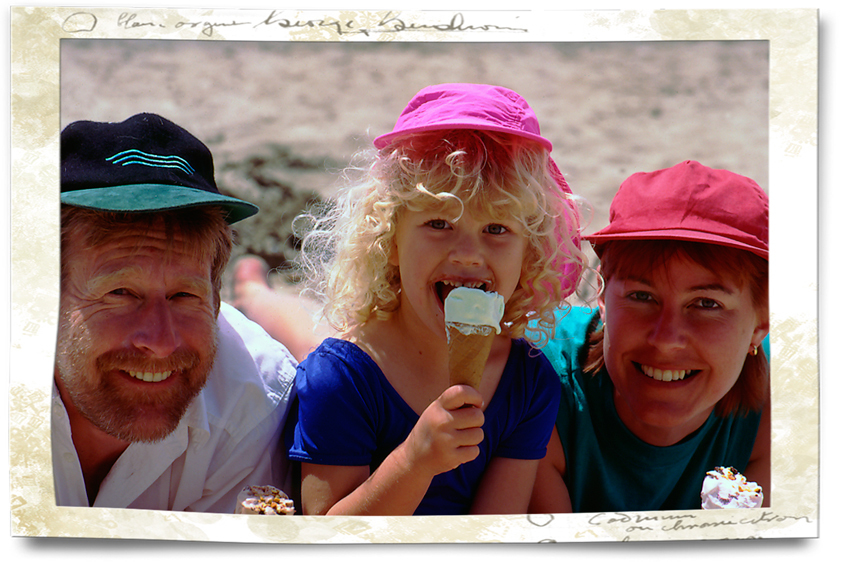
New Zealanders possess a quietly reserved sense of patriotism for a nationality which has provided pioneers in many fields. Kiwi physicist Sir Ernest Rutherford was instrumental in splitting the atom and Sir Edmund Hillary's ascent of Mt Everest in 1953 similarly stirred the imagination of the world. Initiatives such as retirement pensions and the right for women to vote also claim New Zealand as their birthplace. More recent history has seen New Zealanders head the World Trade Organisation along with both Commonwealth and United Nations organisations. In battle both Maori and Pakeha have won Britain's highest gallantry awards - with one even becoming the only combat soldier to ever win the Victoria Cross twice. Most Kiwis know they live in one of the most fortunate countries on the planet and that they are considered friendly by outsiders. By international standards New Zealanders are fit, healthy, well educated and independent. Levels of smoking and alcohol consumption are relatively low and over three quarters of school children are involved in organised sport. More than 60% of adults continue to participate in regular physical activity, producing many world champions. 163 Olympic medals hang in New Zealand homes, one of the highest per capita rates of success in the world, and our national rugby team – the mighty All Blacks – are the most successful national team in the history of international sport. Literacy runs at 99% and 30% of adults have qualifications gained since leaving school. About 20% of the workforce are self-employed and less than 5% of the workforce are unemployed. And while the country has suffered from rampant inflation of property values in recent decades, the home ownership rate remains among the highest in the world.
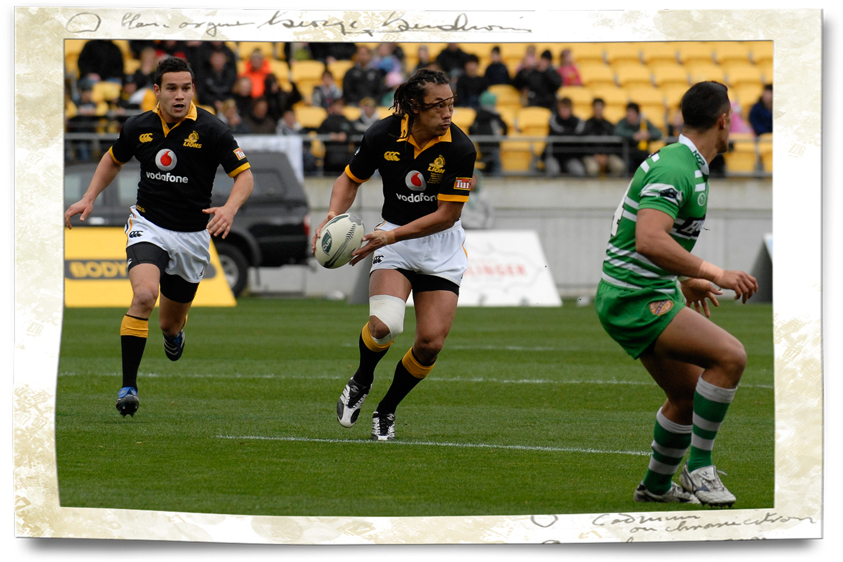
Kiwis are not deeply religious people with the three main religions of Anglican, Presbyterian, and Catholic holding less than 50% of the population's faith. The Maori people were enthusiastic converts to Christianity and its peaceful ways by the early missionaries and their own religion is represented by a rich mythology. Numerous other religions enjoy strong followings among the immigrant Polynesian, Chinese, Indian and other communities.
Although 85% urbanised these days, even our largest metropolitan centre can only claim a little over one and a half million inhabitants. Many people choose to live in smaller towns where individuals make important contributions to the community. Most Kiwis have time to stop and talk and pass on that natural smile which may well be a product of Polynesian influence. You can be sure of meeting one or two on a leisurely tour of our back-roads!